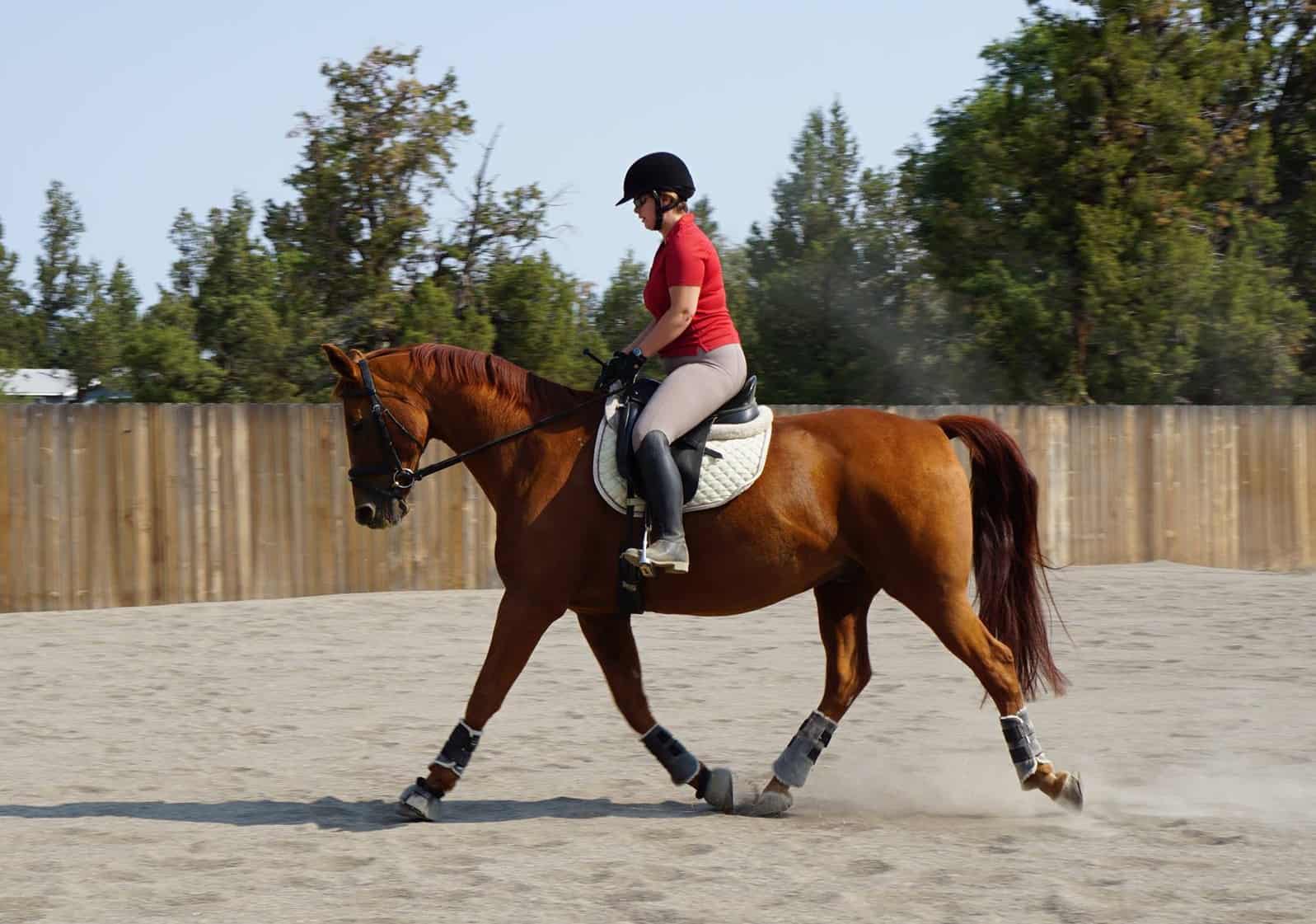The Horse, Merck Partner for Rabies Education Week
- Topics: Article, Horse Industry News, Rabies
Merck Animal Health has partnered with The Horse to help educate horse owners about rabies Sept. 25 through Oct. 1, 2016. We’re holding the week of education in conjunction with World Rabies Day, which is Wednesday, Sept. 28, and seeks to increase awareness about rabies risk. Look for rabies-related articles and other content on TheHorse.com, our Facebook page and Twitter feed, and in our horse health newsletters.
Rabies has no treatment and is 100% deadly, yet it’s also 100% preventable. According to the Centers for Disease Control and Prevention, approximately 55,000 people worldwide die of the neurologic disease each year. In 2016 animal health authorities have reported equine rabies cases in Oklahoma, Florida, and Arizona.
Rabies is a zoonotic disease, meaning it can spread between humans and other animals. It’s caused by a virus that affects mammals and is spread via saliva. The most common scenario causing equine rabies occurs when a rabid wild or feral animal (such as a skunk or raccoon) or pet (think barn cat) bites and infects a horse.
The American Association of Equine Practitioners (AAEP) includes rabies as one of four “core” vaccines horses should receive (the others are tetanus, West Nile virus, and Western/Eastern equine encephalomyelitis. According to the AAEP, “While the incidence of rabies in horses is low, the disease is invariably fatal and has considerable public health significance. It is recommended that rabies vaccine be a core vaccine for all equids
Create a free account with TheHorse.com to view this content.
TheHorse.com is home to thousands of free articles about horse health care. In order to access some of our exclusive free content, you must be signed into TheHorse.com.
Start your free account today!
Already have an account?
and continue reading.

Written by:
Michelle Anderson
Related Articles
Stay on top of the most recent Horse Health news with















